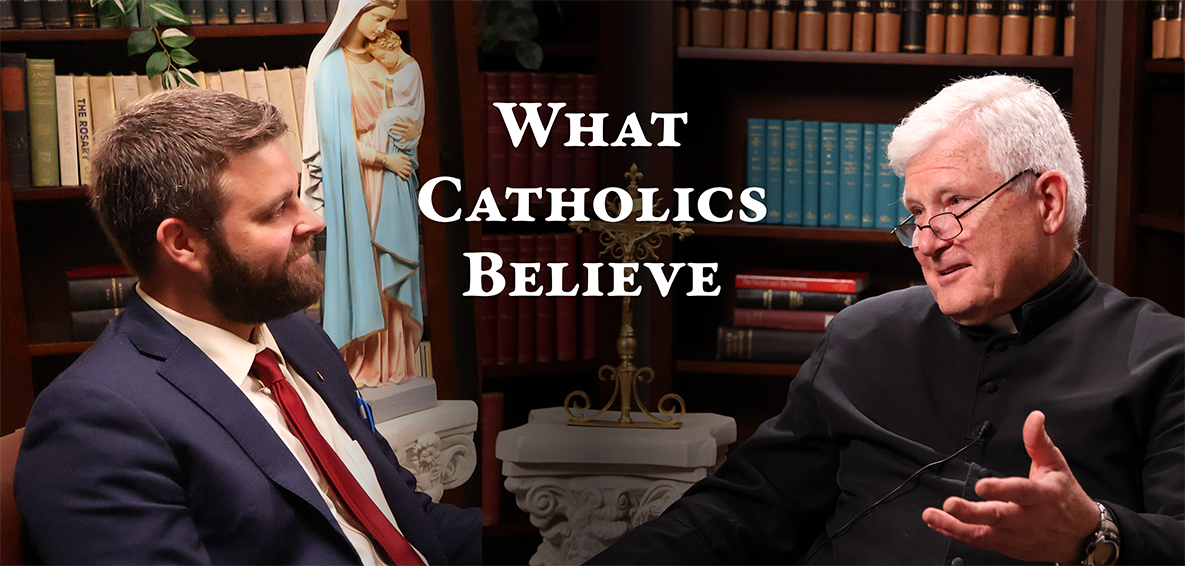Exalting the Humble, Humbling the Exalted

Every June 29 the Church celebrates the great feast day of
Sts. Peter and Paul, the Apostles who conquered for Christ the imperial city of
Rome. St. Peter arrived in Rome about the year 42, after having served as
Bishop of Antioch for seven years. He ruled as Bishop of Rome for 25 years. St.
Paul was delivered to Rome as a prisoner, having appealed to Caesar to judge
his case. The two Apostles spent the last eight months of their lives chained
up together with four dozen other “criminals” in the Mamertine Prison, a fetid
dungeon off the northwest corner of the Roman Forum. During those months, they
converted to the Faith all their fellow prisoners and their two soldier-guards,
whom we now honor as the martyrs St. Processus and St. Martinianus.
One of the most powerful lessons of St. Peter’s life and
death is that of forgiveness. It was St. Peter who once asked Our Lord how
often he should forgive someone who offended him. St. Peter proposed seven times
as a generous number, but Christ told him “not seven times, but seventy times
seven times.” Later, St. Peter was to appreciate the generosity of that Divine
forgiveness when, after having shamefully denied Our Lord, the Risen Christ
simply asked him three times to profess his love and devotion.
Later, when Peter was giving scandal by joining only fellow
Jews at table, and avoiding eating with the converts from paganism, St. Paul
(the late-comer and former Pharisee) publicly rebuked him. It was a measure of
St. Peter’s spiritual progress and new-found humility that the first Vicar of
Christ and superior of the Apostles publicly accepted this rebuke and publicly
corrected his behavior. Truly, power is made perfect in weakness, and dignity
is made perfect in humility.

